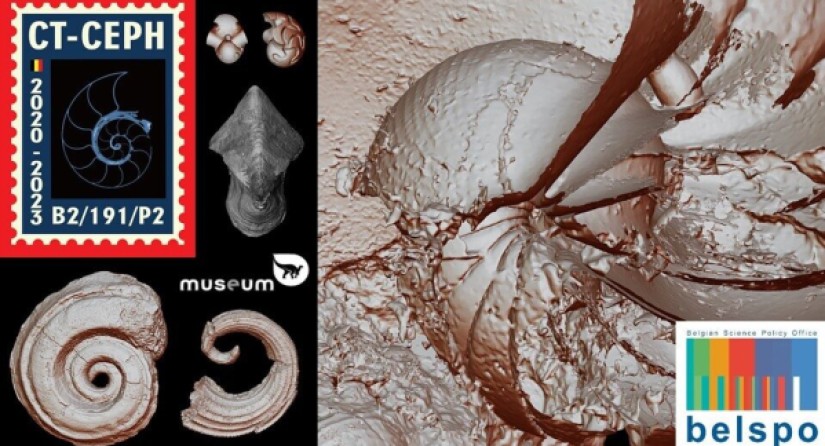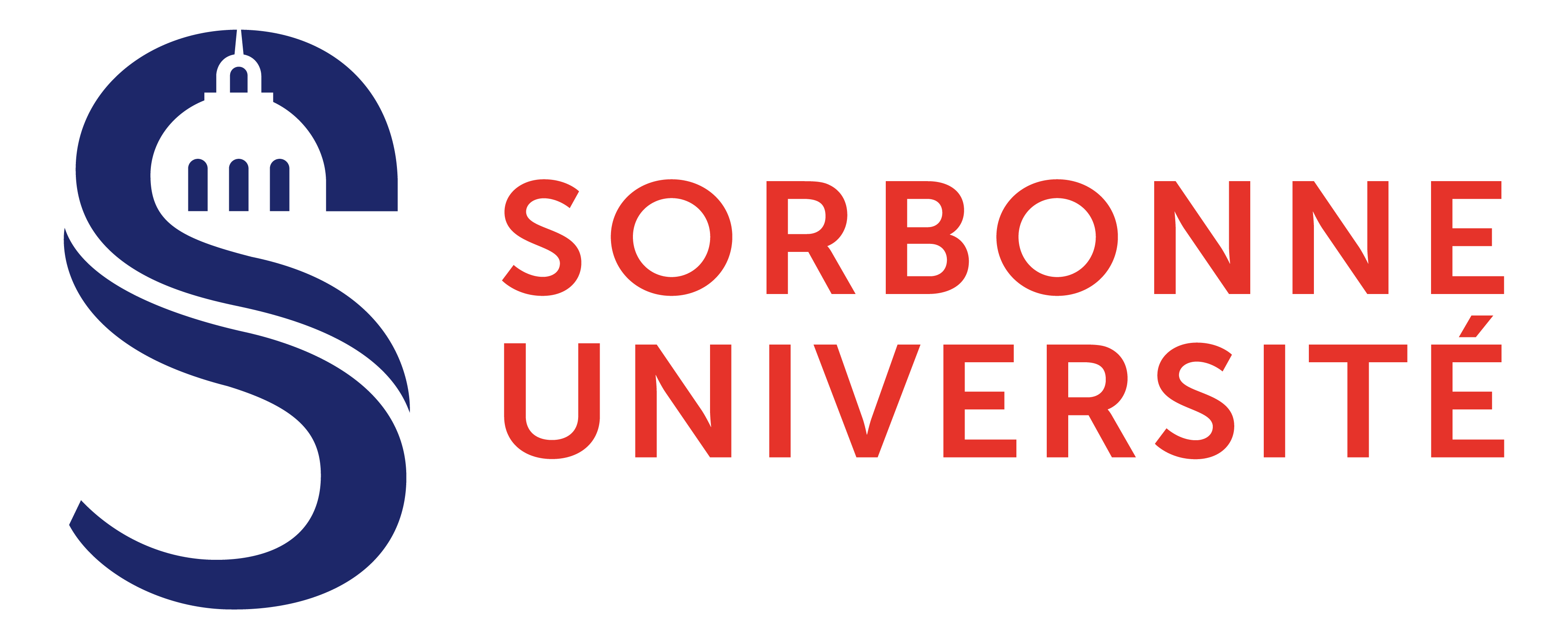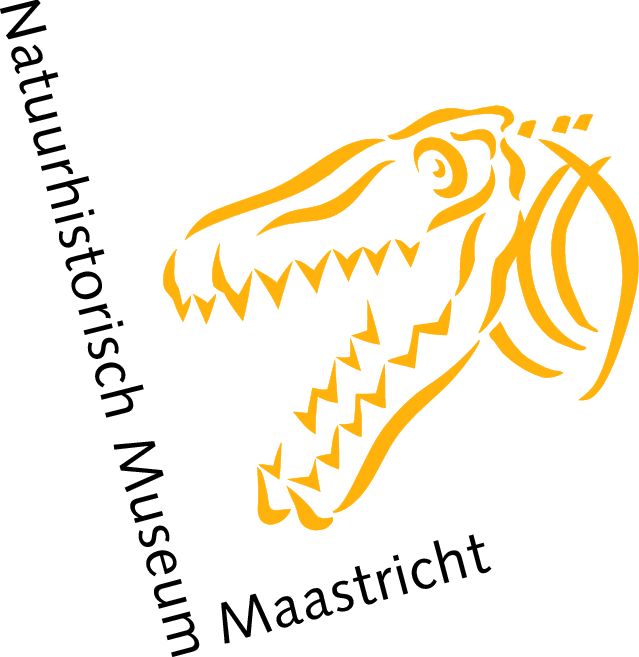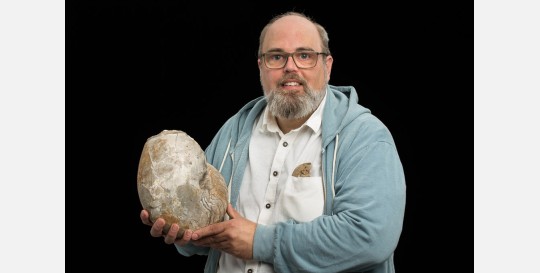CT-CEPH
Completed
01.01.20 → 31.12.23

A fresh look at Devonian, Early Carboniferous and Latest Cretaceous to Paleogene nautilid cephalopods from Belgium
Cephalopods (Class Cephalopoda, Phylum Mollusca) are amongst the most diverse, intelligent, and rapidly evolving marine invertebrates that have explored a multitude of evolutionary pathways since their entry point more than 500 myr ago.

Their invention of a chambered shell providing an energy-efficient way to migrate up and down the water column, makes them stand out from all other mollusks. It is especially the internal organization of this complex three-dimensional buoyancy mechanism that allows to document major steps in their evolution, making from X-ray computed tomography an extremely powerful method in the study of fossil Cephalopoda. It allows for correct and detailed measurements of typical shell parameters, as well as for the exploitation of new and/or previously underexplored and (partly) hidden parameters.
CT-CEPH aims at gaining better insights in the complex evolutionary history of the Nautilida (Subclass Nautilia), the lineage leading up to the single surviving stock of externally shelled cephalopods alive today, extant nautilus. It focuses on Devonian, Early Carboniferous and Latest Cretaceous to Paleogene time slices of nautilid history, during which major steps in their evolution took place and which are not fully understood, and for which the Royal Belgian Institute of Natural Sciences (RBINS) and Royal Museum for Central Africa (RMCA) collections hold a large number of important specimens. It will exploit on (1) the ongoing mass-accumulation of CT scanning data of RBINS & RMCA type specimens currently taking place (DIGIT & DiSSCo-Fed projects), and (2) the knowledge and expertise of the RBINS. It also aims to make a major contribution to the scientific valorization of the collections of the federal scientific institutions by executing innovative research.
Funding
Belspo Brain Pillar II Heritage Science project B2/191/P2/CT-CEPH
Internal members
- Bernard Mottequin
- Stijn Goolaerts
- Patrick Semal
- Etienne Steurbaut
Other members
- sabelle Kruta (Sorbonne Université, Paris)
- John W.M. Jagt (Natuurhistorisch Museum Maastricht)
- Andy King (Geckoella Ltd, UK)
- Bjorn Kröger (Finnish Museum of Natural History)
Partners en sponsors








